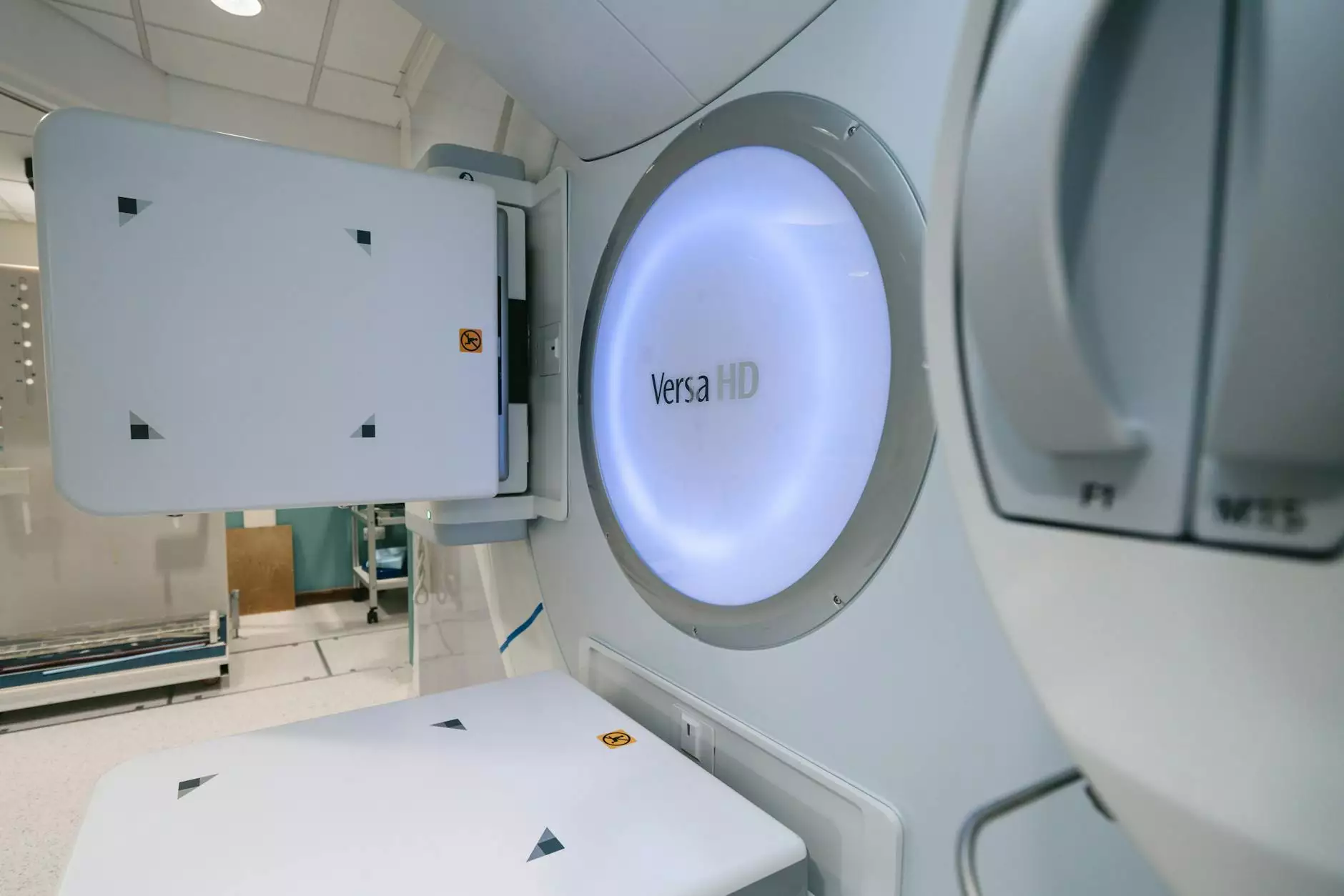The Transformative Power of Remote Therapy

In an era where convenience and accessibility are paramount, remote therapy stands out as a revolutionary solution for mental health support. As more individuals seek help, the traditional barriers to therapy, such as geographical limitations and time constraints, are being significantly reduced through technology.
Understanding Remote Therapy
Remote therapy refers to mental health services delivered via digital platforms. It encompasses a wide variety of formats, including video calls, phone consultations, and even text-based therapy. By harnessing the power of technology, remote therapy allows clients to receive support from qualified professionals without the need to travel to a physical location.
Key Features of Remote Therapy
- Flexibility: Clients can schedule sessions at their convenience, without the need for commuting.
- Accessibility: Individuals in remote or rural areas have greater access to mental health professionals.
- Anonymity: For some, the ability to engage in therapy without face-to-face interaction reduces the stigma associated with mental health support.
- Variety of Options: Different formats cater to diverse preferences and needs, from video chats to messaging platforms.
The Rise of Remote Therapy During the Pandemic
The COVID-19 pandemic precipitated an unprecedented shift in how therapy is delivered. As lockdowns were enforced and social distancing became the norm, mental health professionals rapidly adapted to provide remote therapy, ensuring continuity of care for their clients. This immediate response not only showcased the resilience of mental health services but also highlighted the feasibility and effectiveness of remote modalities.
Acceptance and Growth
According to recent studies, there has been a significant uptick in the acceptance of remote therapy among both providers and clients. Many therapists report that clients feel just as comfortable discussing sensitive issues via a screen as they do in person. The gradual easing of restrictions has not diminished this trend; instead, it has entrenched remote therapy as a permanent fixture in the mental health landscape.
Benefits of Remote Therapy
1. Increased Accessibility
Accessing mental health services can be a barrier for many. Those living in rural areas or experiencing mobility issues can now receive the support they need. This has been especially critical for populations that historically have had less access to mental health care.
2. Cost-Effectiveness
Remote therapy often reduces costs associated with in-person sessions, such as commuting and potential time off work. Many therapists have adjusted their fees to reflect these savings, making therapy more affordable for a larger population.
3. Comfort of Home
Conducting therapy in a comfortable, familiar environment can help clients feel more at ease. This setting can foster openness and vulnerability, which are essential for effective therapeutic work.
4. Continuity of Care
For clients who frequently travel or have unpredictable schedules, remote therapy ensures that they can maintain consistency in their treatment without interruption. This continuity is vital for achieving long-term mental health goals.
5. Expanded Choices
Clients are no longer limited to professionals within their local community. They can choose from a wider array of therapists, often finding a specialist who fits their unique needs and preferences.
How Does Remote Therapy Work?
Engaging in remote therapy typically involves the following steps:
- Choosing a Provider: Research various therapists and their specialties, looking for those who offer remote services.
- Scheduling a Session: Most therapists provide a user-friendly online scheduling tool that allows clients to book sessions at their convenience.
- Technology Setup: Ensure a stable internet connection, and familiarize yourself with the platform that will be used for the session.
- Engaging in the Session: Attend the session as you would an in-person appointment. Be prepared to engage in discussions about thoughts, feelings, and behaviors.
- Follow-Up: After the session, follow any recommendations provided by your therapist, and schedule your next appointment as needed.
Challenges of Remote Therapy
While remote therapy offers numerous advantages, it is not without its challenges:
- Technical Issues: Internet connectivity problems or issues with software can disrupt sessions.
- Lack of Non-Verbal Cues: Therapists may miss subtle body language indicators that can be crucial for understanding a client's state.
- Privacy Concerns: Clients may worry about confidentiality if they are not in a private space during therapy sessions.
- Self-Motivation: Some individuals may struggle with the level of self-discipline required to engage effectively in remote sessions.
Best Practices for Engaging in Remote Therapy
To maximize the benefits of remote therapy, consider the following best practices:
- Choose a Private Space: Find a quiet, comfortable, and private area to hold your therapy sessions.
- Test Your Technology: Ensure your device, internet connection, and chosen platform work correctly ahead of the session.
- Prepare for Sessions: Come to your sessions with thoughts, questions, or topics you'd like to discuss.
- Engage Fully: Treat remote sessions as you would in-person meetings—be present and attentive.
- Provide Feedback: Share with your therapist what works for you and what may not, helping to create a more tailored experience.
Looking Toward the Future of Remote Therapy
The future of remote therapy looks promising. As more advancements in technology emerge, the potential for even richer therapeutic experiences continues to grow. Virtual reality, artificial intelligence, and mobile applications are just a few innovations that may play a role in the evolution of mental health care. Such developments could provide additional tools for both therapists and clients, making the experience even more effective and engaging.
Final Thoughts
In conclusion, remote therapy is not just a trend; it represents a significant shift in how mental health care is accessed and delivered. Its benefits—such as increased convenience, cost-effectiveness, and accessibility—make it an appealing option for many individuals seeking support. Whether you are considering therapy for the first time or looking to continue your journey, exploring remote therapy with a qualified professional could be the key to unlocking your potential for healing and growth.
For those interested in beginning their journey with remote therapy, MindCare Neuroscience offers expert guidance and support tailored to your individual needs. Empower yourself to take the first step toward improved mental wellness today!









